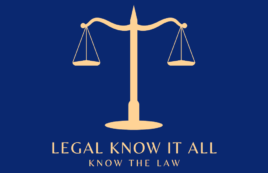
Ever found yourself binge-watching legal dramas, marveling at the courtroom antics, and thinking, “Wow, if I ever needed a lawyer, I’d want one just like that”? Fast forward to real life, and the daunting task of actually choosing an attorney for your case can feel like being the lead character in your very own legal thriller – minus the script and the safety net of a TV show’s happy ending.
Choosing the right attorney isn’t just about finding a legal eagle who can talk the talk; it’s about finding someone who walks the walk, understands your story, and is ready to go to bat for you in the courtroom or negotiation table. This isn’t a decision to be taken lightly, nor is it one to be made based on who has the flashiest billboard on your morning commute.
In the maze of legal specialties, from the defenders of the constitution to the guardians of family law, finding the perfect match for your legal needs is akin to finding the right partner in a dance. It requires rhythm, trust, and a shared understanding of the steps you’re about to take together.
So, how do you sift through the sea of suits and legal jargon to find your legal champion? Fear not! This guide is your compass in the quest for the best attorney for your case. We’ll navigate the nuances of legal specialties, the importance of a good consultation (yes, even the free ones), and the ins and outs of legal fees. We’ll even touch on the inspiring journey of those who’ve crossed the bar exam, turning their legal dreams into reality.
Buckle up, and let’s embark on this journey together. By the end of this guide, you’ll be equipped with the knowledge and confidence to choose an attorney who not only meets your legal needs but also aligns with your expectations and values. After all, in the courtroom of life, having the right attorney by your side is the ultimate game-changer.
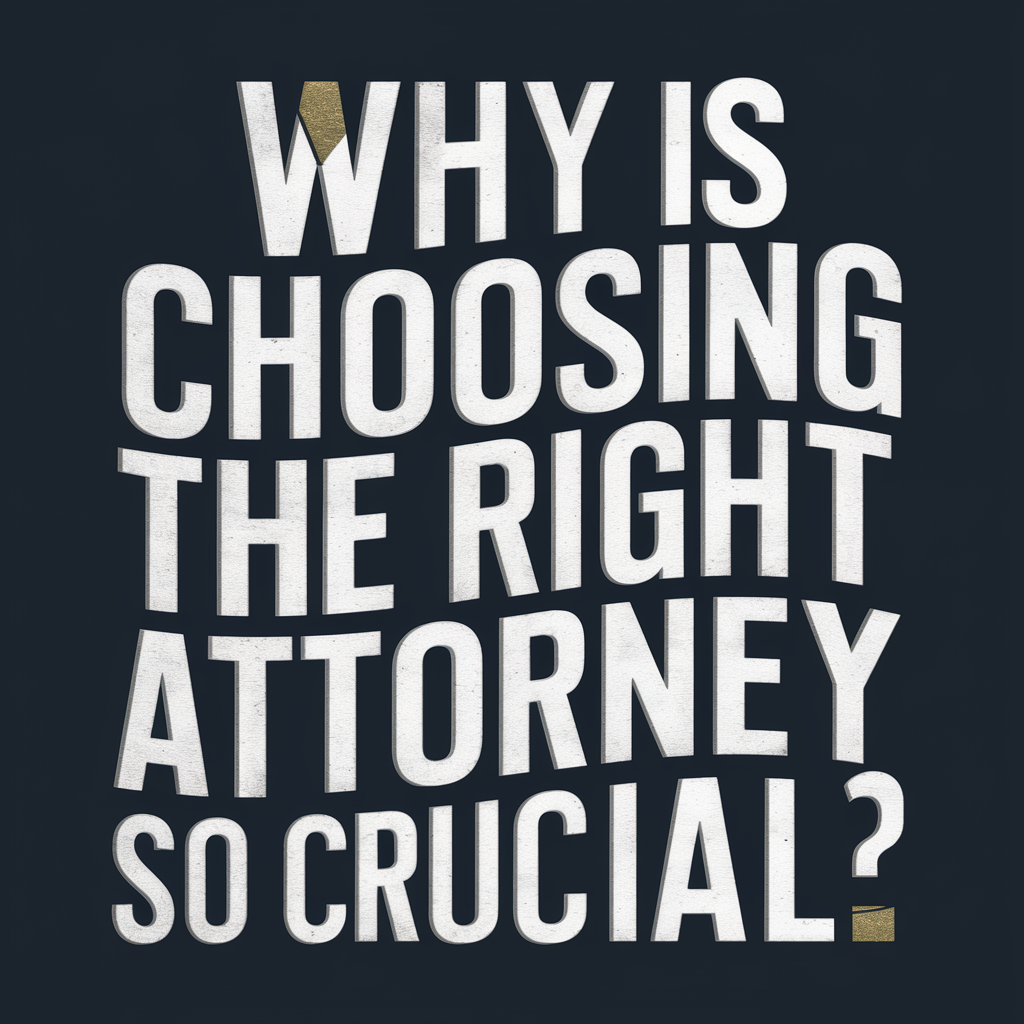
Why Is Choosing the Right Attorney So Crucial?
Have you ever heard the saying, “You don’t bring a knife to a gunfight”? Well, choosing the wrong attorney for your legal battle is a bit like that – showing up underprepared for the challenges ahead. The stakes in legal matters can be high, affecting your finances, freedom, or family. That’s why picking the right attorney isn’t just important; it’s absolutely crucial.
How Do I Start My Search for the Perfect Lawyer?
Embarking on the quest for the perfect lawyer might seem daunting at first. Where do you even begin? The journey starts with understanding your legal issue and recognizing that not all lawyers are created equal. Some are wizards in the courtroom, casting compelling narratives in front of the jury, while others are maestros of mediation, finding common ground where none seems to exist.
The best starting point is often through personal referrals. Ask friends, family, or colleagues who have faced similar legal battles for their recommendations. Yet, in the digital age, don’t underestimate the power of a good online search. Websites, reviews, and legal forums can offer insights into an attorney’s reputation, expertise, and approachability.
What Should I Look for in a Lawyer’s Specialization?
Imagine walking into a sushi restaurant and finding out the chef specializes in Italian cuisine. It’s not exactly a confidence booster, right? The same goes for lawyers. You want someone who’s not just familiar with your type of case but specializes in it. This specialization means they’re up to date with the latest laws, strategies, and precedents that could be the difference between winning and losing your case.
For a deeper dive into picking a lawyer with the right specialization, check out Your Guide to Making the Best Choice. This resource sheds light on the importance of an attorney’s focus area and how it aligns with your legal needs.
Choosing the right attorney is more than just a step in your legal journey; it’s a decision that could shape the outcome of your case and, by extension, your life. With the right information and a bit of legwork, you can find a legal advocate who not only understands your case but also champions your cause.
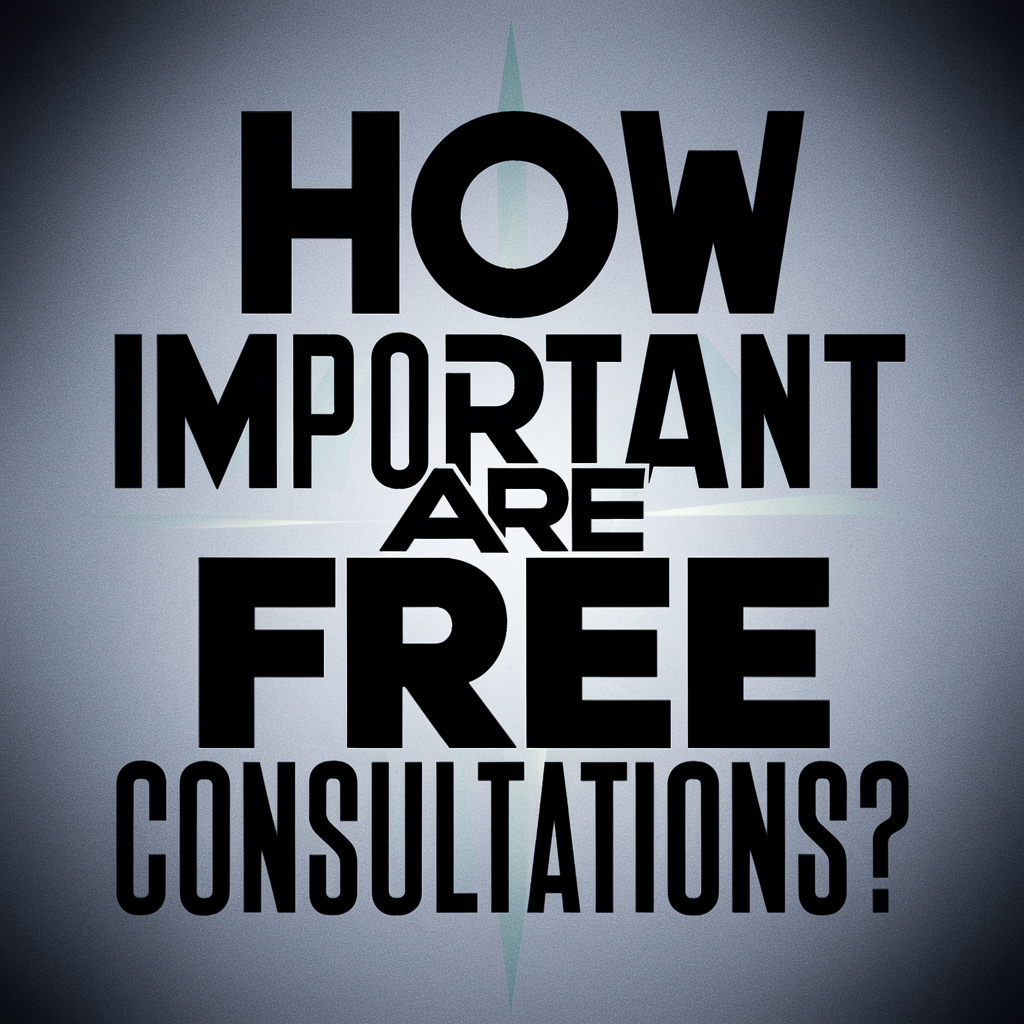
How Important Are Free Consultations?
Ever tried before you bought? Whether it’s a car, a mattress, or a pair of shoes, we all love the opportunity to test out our options before making a commitment. The same logic applies when you’re on the hunt for the perfect attorney. Free consultations are like test drives in the legal world, offering a no-strings-attached chance to assess whether an attorney is the right fit for you and your case.
Why Should I Take Advantage of Free Consultations?
Free consultations are not just about getting free legal advice (though that’s a nice perk). They’re an opportunity to meet face-to-face with a potential attorney and gauge their expertise, demeanor, and interest in your case. This initial meeting can reveal a lot about how they communicate, their approach to cases like yours, and whether they’re someone you can trust and feel comfortable working with.
During this consultation, you can also discuss the specifics of your case, learn about the attorney’s experience in the relevant field, and get an idea of their strategy and outlook for your situation. It’s a chance to ask questions about their success rate, their approach to clients, and how they handle communication and billing. Essentially, it’s about seeing if there’s a good fit, both professionally and personally.
What Should I Ask During a Free Consultation?
Come prepared with a list of questions to make the most of this opportunity. Here are a few to consider:
- What experience do you have with cases like mine?
- What would be your strategy for my case?
- How do you communicate with clients?
- What are your fees, and how are they structured?
For more insights into making the most of these consultations, especially when considering a divorce lawyer, The Importance of a Free Consultation with a Divorce Lawyer offers valuable guidance. It highlights why these meetings are critical in choosing someone who not only understands the legalities of your case but also the emotional complexities involved.
Free consultations are a crucial step in the attorney selection process. They offer a risk-free way to understand your legal options and find the best attorney for your case. By taking advantage of these opportunities, you’re more likely to find a legal partner who’s not just competent but also a comforting presence during what can be a challenging time in your life.

Can Anyone Become a Lawyer?
In the world of law, the journey to becoming a lawyer is akin to a hero’s quest – filled with challenges, rigorous tests, and the ultimate prize of passing the bar. It’s a path that demands dedication, intellect, and a dash of grit. But what does this journey entail, and is it accessible to anyone with the determination to pursue it?
What Does It Take to Become a Lawyer?
Becoming a lawyer isn’t for the faint of heart. It requires years of education, starting with an undergraduate degree followed by the daunting Law School Admission Test (LSAT). Once admitted to law school, students embark on a rigorous three-year program that tests their understanding of the law, their analytical abilities, and their commitment to the legal profession.
After law school, the final boss battle awaits: the bar exam. This rigorous test varies by state but universally challenges graduates on their legal knowledge and reasoning. Passing the bar is a rite of passage, marking the transition from law student to licensed attorney.
The Bar Exam: A Universal Challenge
The bar exam is more than just a test; it’s a gatekeeper to the legal profession. It ensures that only those who have mastered a broad base of legal knowledge and can apply it effectively are permitted to practice law. This high standard helps maintain the integrity and quality of the legal profession, ensuring that attorneys are well-equipped to represent their clients.
For a glimpse into the journey of someone who took an unconventional path to the bar exam, Did Kim Kardashian Pass the Bar? offers an inspiring look at how determination and hard work can pave the way to achieving one’s legal dreams. It’s a testament to the idea that with enough perseverance, anyone can navigate the challenges of becoming a lawyer.
Why the Journey Matters
The path to becoming a lawyer is designed to be challenging for a reason. It ensures that those entering the profession are not only knowledgeable about the law but also possess the critical thinking skills, ethical judgment, and dedication required to serve their clients effectively. This journey, with all its hurdles, shapes lawyers into advocates who are ready to tackle the complexities of the legal system and make a difference in the lives of those they represent.
Becoming a lawyer is a possibility for anyone willing to dedicate themselves to the rigorous process of legal education and licensure. It’s a journey of transformation, where students enter as eager learners and emerge as guardians of the law, ready to uphold justice and advocate for their clients.
Maybe you cannot afford an attorney? You CAN however use books that are simple to understand to help you learn law on your own, save a lot of money and empower your own knowledge!
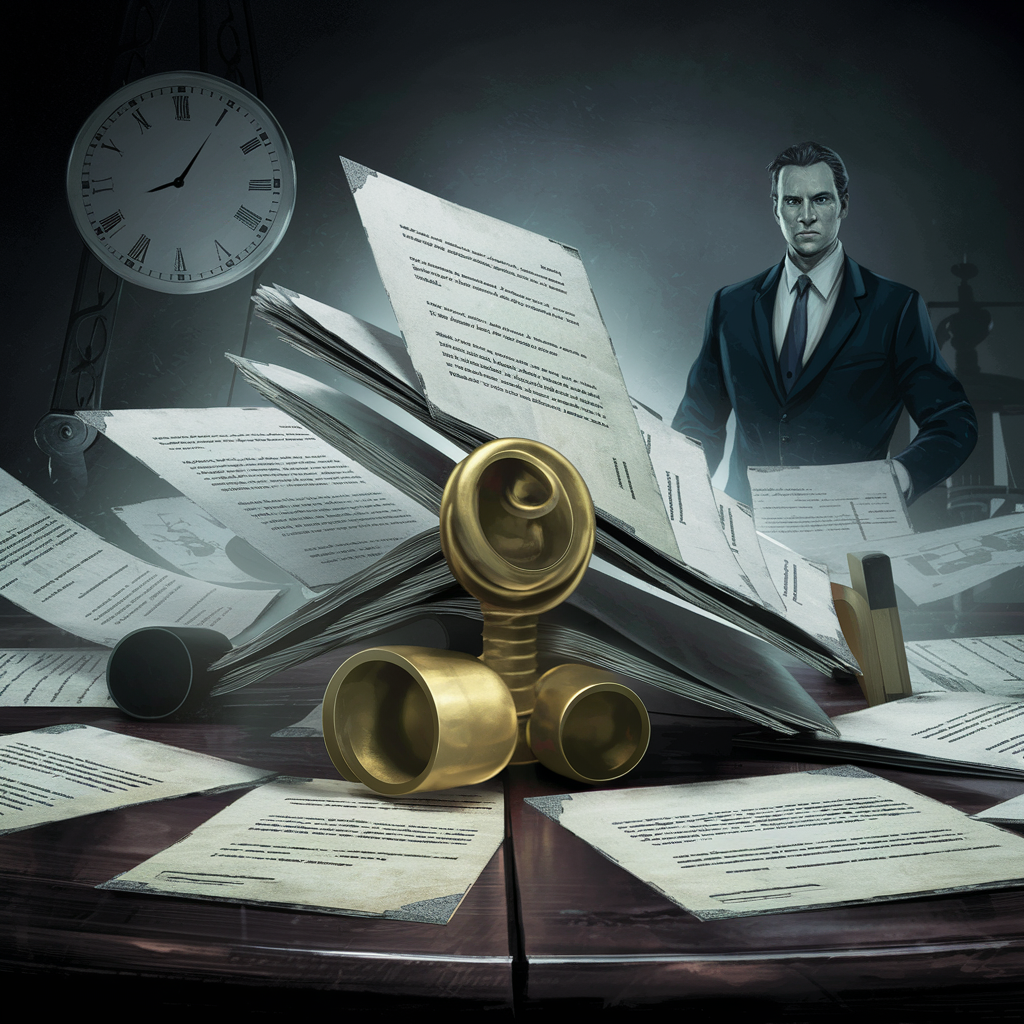
Understanding Legal Fees and Billing Practices
When it comes to hiring an attorney, understanding the financial aspect is as crucial as finding the right legal expert. Legal fees can seem like a labyrinth of hourly rates, flat fees, and contingency agreements. Let’s demystify these billing practices, ensuring you’re not left feeling like you need a law degree to understand your lawyer’s invoice.
How Are Legal Fees Structured?
Legal fees vary significantly depending on the complexity of your case, the attorney’s experience, and the billing method they use. Here are the most common types of billing practices:
- Hourly Rates: This is where you pay for each hour your attorney works on your case. It’s straightforward but can add up quickly, especially in complex cases.
- Flat Fees: Some attorneys charge a flat rate for specific services, like writing a will or handling a straightforward divorce. This can be cost-effective and provides clarity on expenses upfront.
- Contingency Fees: Common in personal injury cases, the attorney only gets paid if you win your case, taking a percentage of the settlement or award. It’s a no-win, no-fee scenario.
Why Understanding Billing Practices Matters
Knowing how your attorney bills for their services is key to managing your legal expenses. It helps set expectations and ensures transparency between you and your lawyer. Don’t be shy about asking for a detailed explanation of their billing practices during your initial consultation. A trustworthy attorney will be upfront about their fees and how they’re calculated.
Navigating Legal Fees Without Surprises
To avoid any financial surprises, here are a few tips:
- Ask for an estimate: While it might not be possible to predict the exact cost, a good attorney should be able to give you a ballpark figure.
- Discuss billing practices upfront: Know whether you’re being charged hourly, a flat fee, or on a contingency basis.
- Request regular updates: Ask for periodic invoices or updates on how much time your attorney has spent on your case, so you can keep track of expenses.
Understanding legal fees and billing practices is crucial in choosing the right attorney for your case. It ensures that you’re not only comfortable with their expertise and approach but also with their billing practices. This transparency helps build trust and confidence, allowing you to focus on what matters most—your case.

What Are the Statute of Limitations and Why Do They Matter?
The statute of limitations is a critical yet often overlooked aspect of legal proceedings. It refers to the maximum time after an event within which legal proceedings may be initiated. Once this period expires, the claim is typically barred, and you lose the right to sue.
Why Is the Statute of Limitations Important?
Understanding the statute of limitations is crucial because it directly impacts your ability to seek justice and compensation. Each type of legal claim, from personal injury to contract disputes, has its own specific time limit. These limits are designed to ensure fairness by preventing the indefinite threat of legal action and ensuring evidence remains fresh.
For a deeper understanding of how these time limits apply to various crimes, Understanding the Statute of Limitations for Specific Crimes provides a comprehensive overview. It’s essential reading for anyone looking to grasp the complexities of legal time constraints.

The Right to Remain Silent: Your Most Crucial Right When Arrested
“The right to remain silent” – a phrase we’ve all heard, yet its significance cannot be overstated. Invoking this right protects you from self-incrimination, a cornerstone of the American legal system.
Why Is This Right So Important?
When arrested, emotions run high, and the pressure to speak can be overwhelming. However, anything you say can be used against you in court. The right to remain silent offers protection during these vulnerable moments, ensuring you don’t inadvertently harm your defense.
For an in-depth look at this fundamental right and how to effectively use it, The Right to Remain Silent: Use It dives into scenarios where invoking this right can be most beneficial. It’s a critical read for anyone wanting to understand their rights under pressure.

How to Prepare for Your First Meeting with a Potential Attorney
Meeting with a potential attorney for the first time can be intimidating. Preparation is key to making this meeting as productive as possible.
What Should You Bring to the Meeting?
To maximize the effectiveness of your consultation, come prepared with any documents related to your case, including contracts, correspondence, and any legal notices you’ve received. Also, prepare a list of questions you have about your case, the attorney’s experience, and their assessment of your situation.
Making the Most of Your Consultation
This initial meeting is not just for the attorney to learn about your case but also for you to assess the attorney’s suitability for your needs. Pay attention to how they communicate and whether they show genuine interest in helping you. This is also the time to discuss their fees and billing practices in detail.
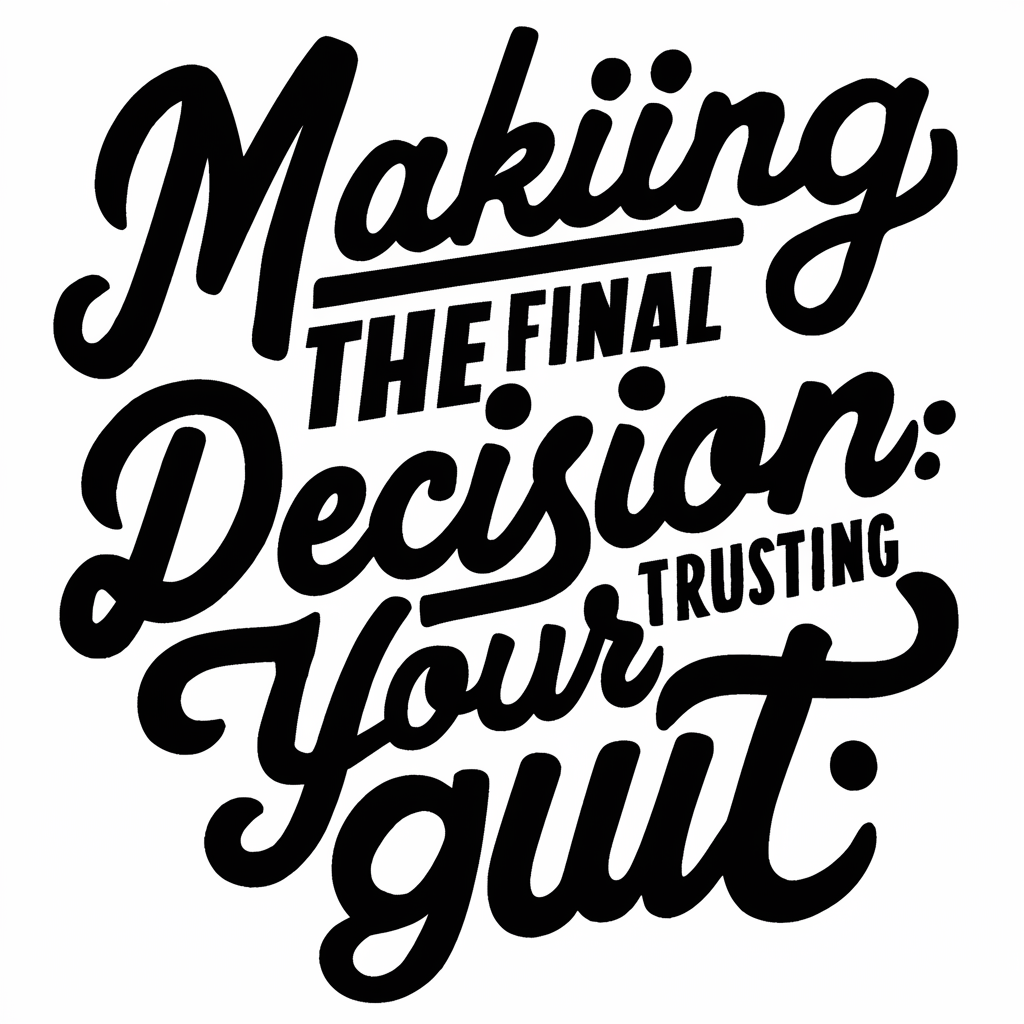
Making the Final Decision: Trusting Your Gut
After meeting with potential attorneys and considering their expertise, communication style, and fee structure, it often comes down to your gut feeling. Trusting your instincts about who you feel most comfortable with and who you believe has your best interests at heart is crucial.
Why Your Comfort Level Matters
The attorney-client relationship is built on trust and communication. You need someone who not only understands the legal aspects of your case but also the personal and emotional ramifications. Your comfort level with your attorney can significantly impact the ease of communication and overall case experience.
Choosing the right attorney for your case involves a combination of practical considerations, such as expertise and fees, and personal factors, like trust and communication. By taking the time to research, prepare, and listen to your instincts, you can find an attorney who not only meets your legal needs but also provides the support and guidance you need throughout your legal journey.

As an Amazon Associate we earn from qualifying purchases through some links in our articles.
